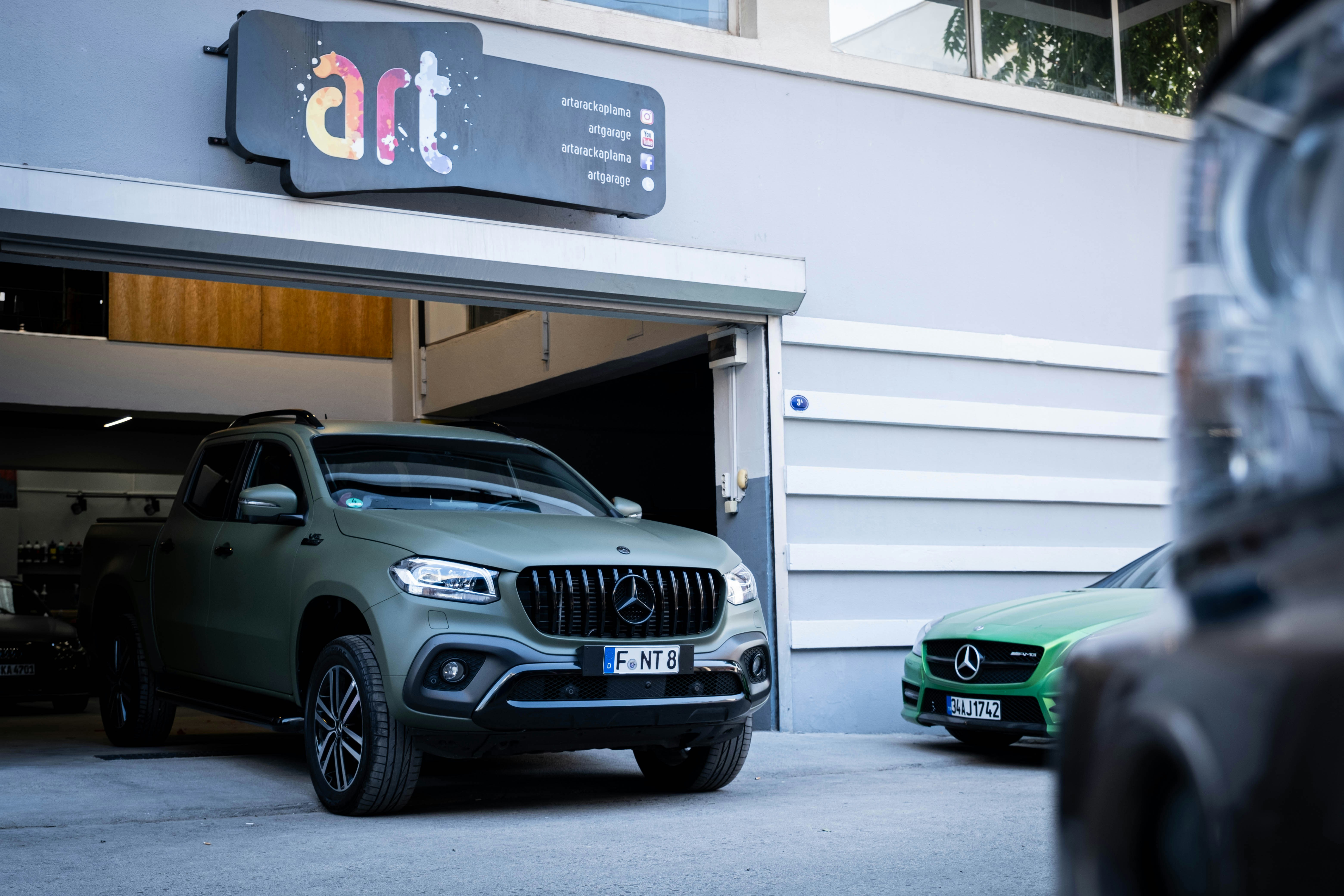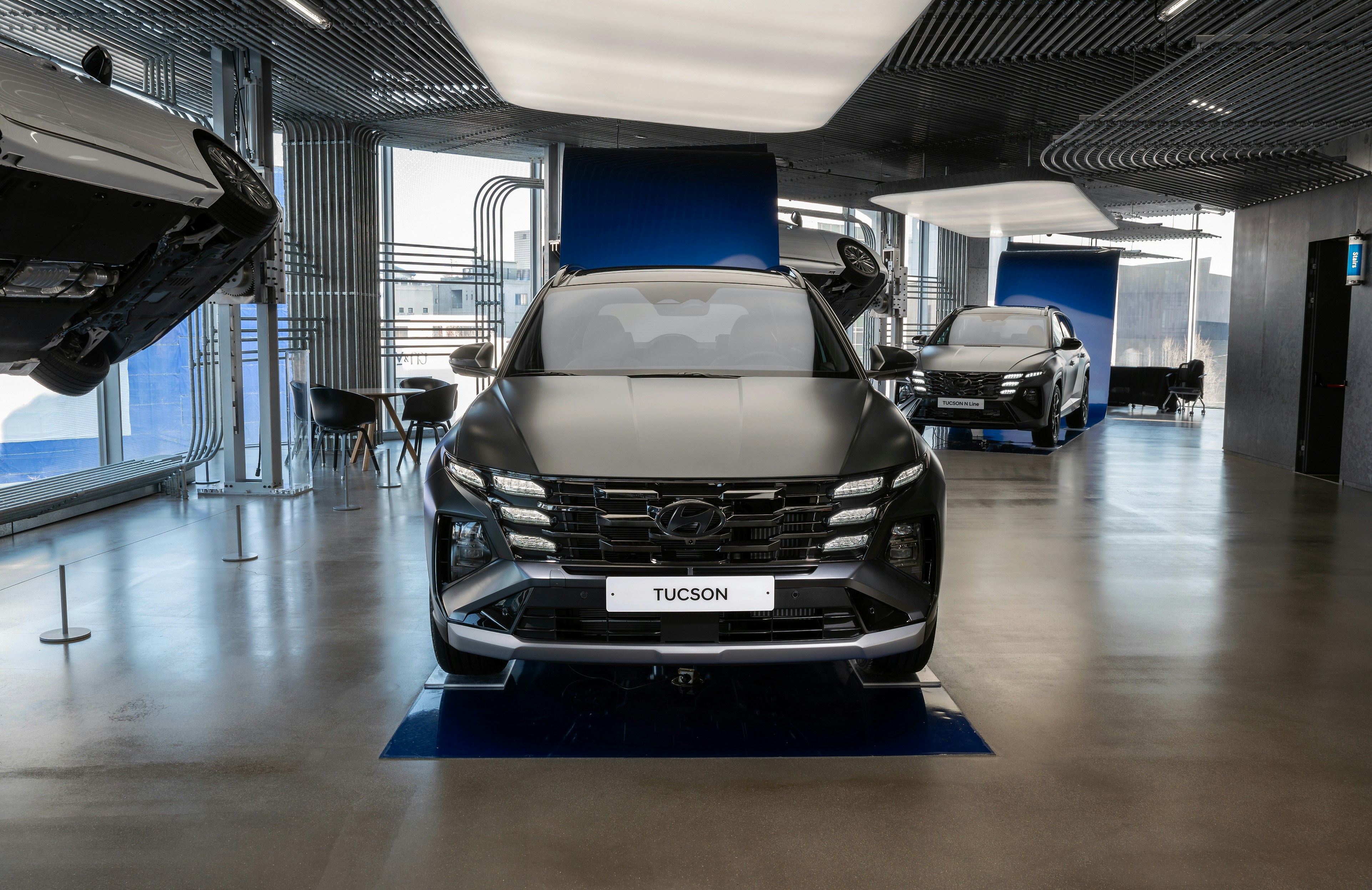Luxury SUV Deals: Smart Ways to Save on Premium Rides
Luxury SUV deals can look enticing, but the smartest savings come from understanding how manufacturers, dealers, and lenders structure incentives. Whether you’re eyeing a lease on a midsize model or financing a three-row flagship, a clear plan helps you avoid surprises and secure real value. Below, we break down how deals work, what to watch for, and how to compare options without the hype.

How luxury SUV deals really work
Most luxury SUV offers are powered by a mix of manufacturer incentives and dealer discretion. Automakers may support leases with subsidized money factors, offer loyalty or conquest bonuses, or provide rate buy-downs for financing. Dealers then decide how much of their margin to use to close the sale. Your best leverage often comes from flexible timing, pre-approved financing, and comparing multiple written quotes. Always separate the conversation into price, financing/lease terms, and add-ons so you can evaluate each element on its own merits.
Timing, trims, and incentives
Luxury brands typically roll out stronger programs when new model years arrive or when inventory needs a push. Trims with broader availability (for example, non-performance variants with popular packages) may see larger discounts than limited-production or bespoke builds. Watch for stackable incentives: a loyalty rebate, a seasonal finance offer, and dealer discounting can add up. If you’re open to colors or options that are less in demand, you may unlock more aggressive pricing without compromising core features like safety tech, comfort, and infotainment.
bulk_create_keyword: what shoppers should know
If you encounter the term bulk_create_keyword on a dealer or aggregator page, treat it as a back-end placeholder rather than a consumer benefit. It’s a technical SEO or content-production artifact and not a feature of any vehicle or financial offer. Shoppers should rely on verifiable details—MSRP, selling price, money factor or APR, residual value, fees, and mileage terms—rather than jargon. When in doubt, request a buyer’s order or lease worksheet that itemizes every figure so you can compare apples to apples across multiple offers in your area.
Lease vs buy for premium SUVs
Leasing can be attractive for luxury SUVs because high residual values often keep payments lower than financing the full purchase price. Leasing also lets you refresh every few years, keeping up with safety upgrades and tech. Buying, however, offers long-term equity, no mileage limits, and flexibility to keep the vehicle beyond payments. To choose, consider your annual mileage, maintenance preferences, and how long you tend to hold a car. With either path, focus on the total cost of ownership (payment, taxes, fees, insurance, maintenance) rather than headline monthly numbers alone.
Below are typical cost estimates to help frame expectations. These are not offers; they illustrate common MSRP ranges and what shoppers sometimes see on mainstream leases when well-qualified. Always verify current programs with local services and official brand sites.
| Product/Service | Provider | Cost Estimation |
|---|---|---|
| X5 (midsize luxury SUV) | BMW | MSRP roughly $65,000–$90,000; typical supported leases can land around $800–$1,100/month with average upfront costs, depending on credit, region, and trim. |
| GLE (midsize luxury SUV) | Mercedes-Benz | MSRP roughly $62,000–$86,000; leases often seen in the $780–$1,050/month range for well-qualified lessees and popular configurations. |
| Q7 (three-row luxury SUV) | Audi | MSRP roughly $60,000–$80,000; lease estimates frequently in the $760–$1,000/month range, subject to options and incentives. |
| RX (midsize luxury crossover) | Lexus | MSRP roughly $49,000–$70,000; leases sometimes fall in the $600–$900/month range depending on packages and mileage limits. |
| XC90 (three-row luxury SUV) | Volvo | MSRP roughly $57,000–$72,000; lease ballparks often range $700–$950/month for common trims. |
| Range Rover Sport (performance luxury SUV) | Land Rover | MSRP roughly $83,000–$120,000+; lease ranges vary widely, commonly $1,200–$1,800+/month based on configuration and credit. |
Prices, rates, or cost estimates mentioned in this article are based on the latest available information but may change over time. Independent research is advised before making financial decisions.
How to evaluate a deal
-
Ask for the selling price (cap cost) separate from financing or lease terms.
-
For leases, confirm residual value, money factor, fees, and mileage allowance.
-
For financing, compare APRs from your bank or credit union with the dealer’s lender.
-
Check for loyalty, conquest, military, or corporate partner programs you actually qualify for.
-
Evaluate trade-in offers independently and consider getting multiple bids.
-
Read the fine print: acquisition, disposition, documentation, and market adjustment fees can dramatically change the real cost.
Local services and online tools
Use manufacturer websites to view official incentives in your area, then contact several franchised dealers with the exact same build so quotes are directly comparable. Payment calculators on brand sites can help you test scenarios with different term lengths and down payments. Third-party valuation tools provide benchmarks for trade-ins and fair prices. When you’re ready to finalize, ask for a detailed out-the-door figure, including taxes and fees in your jurisdiction, to avoid last-minute surprises in the finance office.
In the end, the best luxury SUV deal balances the right vehicle with transparent terms you can comfortably afford. Ground your decision in verified numbers, stay flexible on configurations that deliver better value, and filter out any placeholder or promotional noise—so what you drive home truly matches both your expectations and your budget.






